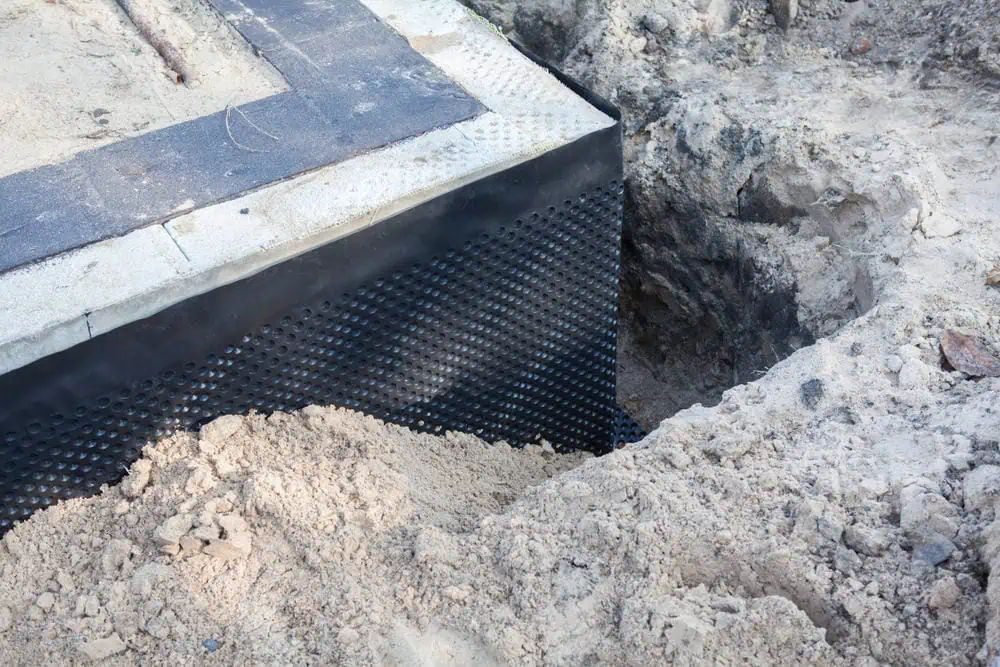Basement Waterproofing in South Natick, MA
Basement waterproofing is essential for protecting the structural integrity of your home, and Academy Masonry offers expert services in South Natick, MA. The cost of waterproofing varies based on factors such as basement size, extent of water damage, and chosen methods, with Academy Masonry providing thorough assessments and tailored solutions. Their detailed process includes comprehensive inspections, customized plans, and clear communication to ensure long-term protection and minimal disruption.



